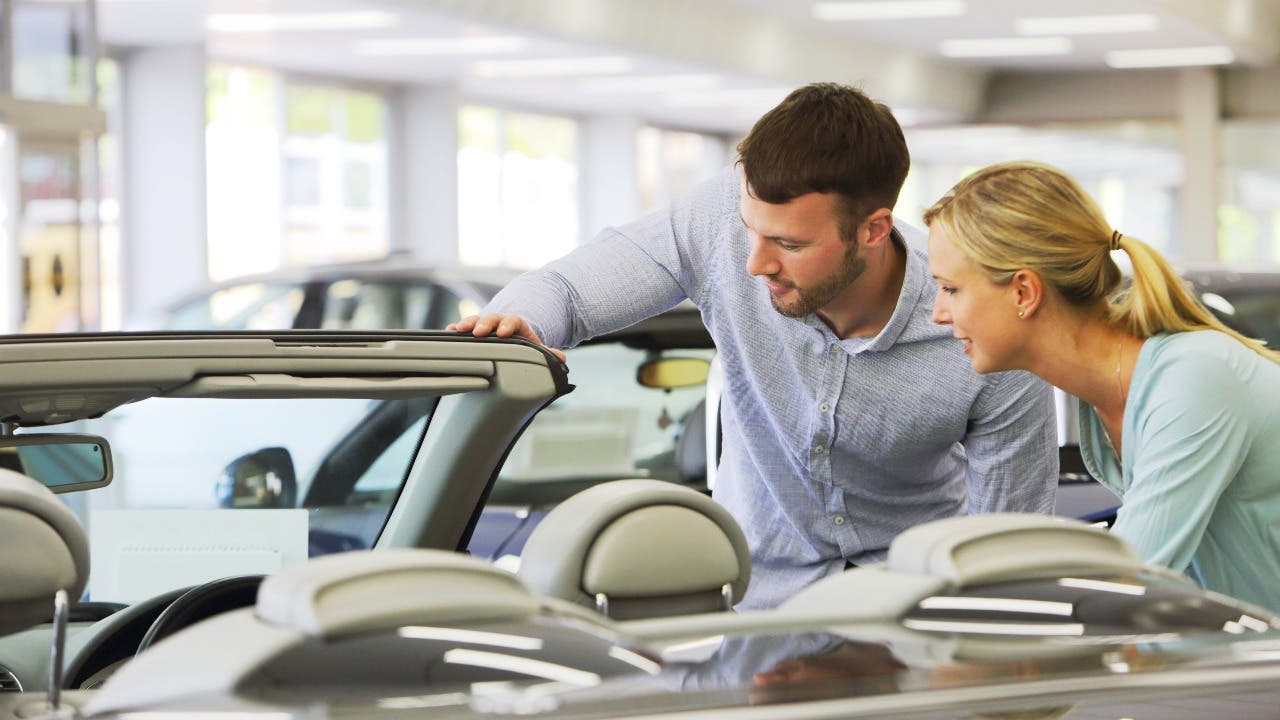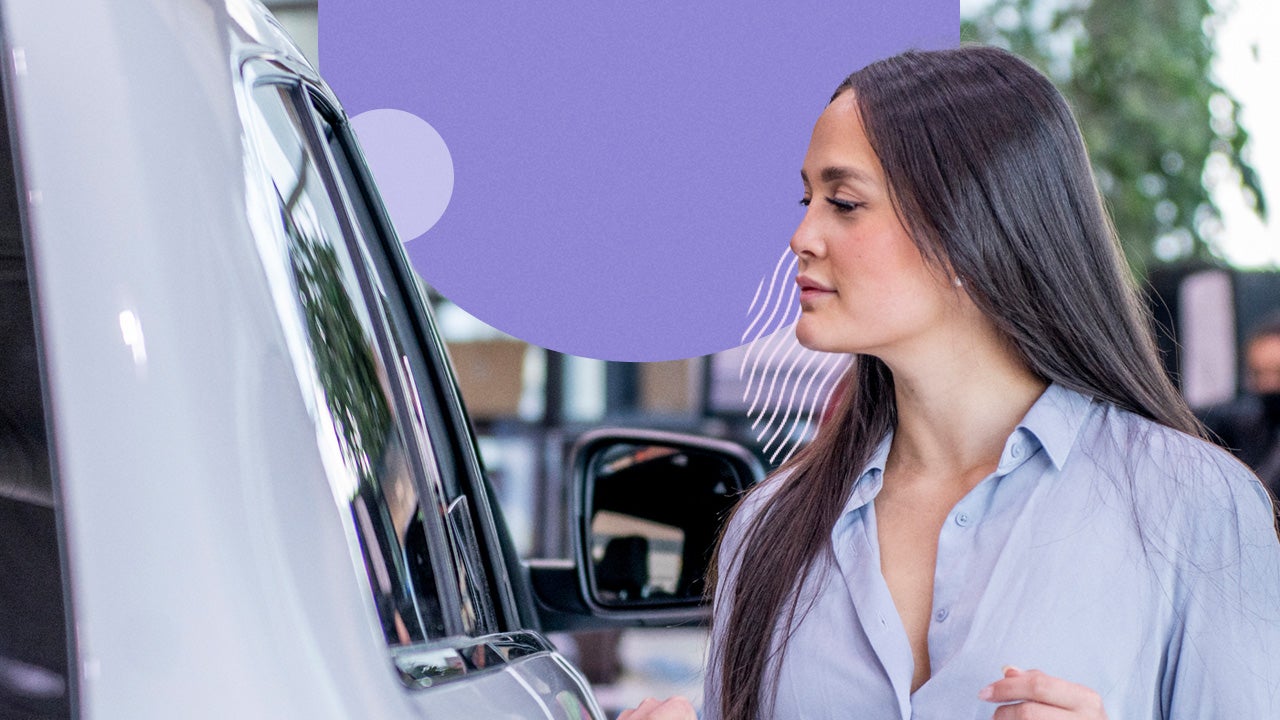Should I buy a new or used car? Here’s how to decide




Key takeaways
- Buying a new car allows for customization and the latest technology, but it comes at a higher price and loses value quickly.
- Used cars are less expensive and slower to depreciate, but may require compromises and can come with higher maintenance costs.
- When deciding between new and used, it's important to consider budget, tech needs and maintenance costs.
- Shopping around and getting preapproved for financing can help you get the best deal.
It’s the choice that millions of car buyers make each year: Do you buy a new car with all the bells and whistles, or a used car to save money? Deciding between that new-car smell and a pre-owned vehicle involves more than just price, but it’s an important factor.
A used car is a good choice if you’re trying to save on your initial purchase. But you’ll need to consider the cost over the life of ownership — including maintenance and repairs. Depending on how you want to use the vehicle and your overall finances, you may find that buying new is the better choice.
Pros and cons of buying a new car
Buying new can be a good choice if you want the latest features and cheaper maintenance costs from the start. However, it also comes with a higher depreciation rate and higher purchase and insurance costs.
Pros
- Customization: The primary benefit of buying a new vehicle is that you can customize it to your preferences — you can select the color and style you want and request any add-ons that appeal to you.
- Current technology: There are practical advantages too — you will drive off with the latest technology and safety features.
- Better interest rates: With a new car purchase, you are also more likely to get a better auto loan rate than you would with a used car purchase, often by a few percentage points.
- Reliability: You won’t have to contend with any potential hidden mechanical problems when you buy new. Plus, the vehicle’s warranty should limit your spending on repairs and maintenance in the first few years of ownership.
Cons
- More expensive: New cars are often several thousand dollars more expensive than their used counterparts, which could make a down payment or monthly loan payments harder to afford, even if you score a lower interest rate.
- Depreciation: You’ll also have to contend with vehicle depreciation, or the rate at which your car loses value. As the saying goes, new cars lose value when you drive them off the lot. Experian estimates that new cars lose 20% of their value in the first year, and depreciation continues for the first 10 years of ownership.
- Higher insurance costs: New cars often cost more to insure because of their higher risk of theft, value and other related factors.
If you decide that purchasing new is right for you, look for seasonal deals. Timing your car purchase carefully and shopping for the best auto loan rates can reduce some upfront expenses.
Pros and cons of buying a used car
Buying used might fit better if you want to save on the initial purchase, monthly payments and insurance. But it may require you to adjust your list of wants for your next ride, research the car’s history and spend extra funds to maintain the vehicle.
Pros
- Less expensive: The primary benefit of buying a used car is that they tend to be less expensive than their new counterparts. Purchasing an older model vehicle can save you a couple of thousand dollars.
- Lower insurance costs and fees: Many pre-owned cars carry lower insurance rates, titling fees and sales taxes. You may save both on the lot and over the car’s life.
- Slower depreciation: Used cars also depreciate much more slowly. Rather than losing 20% of its value in the first year of ownership, a three-year-old car would likely only lose close to 10%.
Cons
- Making compromises: You will likely have to search harder to find the style, color and add-ons you want. And even then, you may have to make compromises.
- Car history: You will also need to check the vehicle’s maintenance record to ensure that the previous owner took good care of it. Bring the car to a trusted mechanic for a used car inspection before closing any deal. You can expect to pay at least $100 for the mechanic’s efforts, but it is well worth it.
- Increased maintenance costs: Even if the car is in relatively good condition, a used car will inevitably need more maintenance and repairs over time. This could eat into the savings you get from your initial purchase.
The average monthly payment in the third quarter of 2025 for a used vehicle is $532, while drivers financing a new vehicle paid $748, according to Experian. Saving more than $220 a month adds up quickly.
How to choose whether to buy a new or used car
Outside of Bankrate’s new versus used car calculator, consider these factors when determining what type of driving experience you require.
- Your budget: When you crunch the numbers to determine how much car you can afford, look beyond the monthly payment and insurance. Include annual registration fees, fuel costs, maintenance and repairs. Used cars do come with cheaper car insurance and less expensive dealer fees, though.
- Tech needs and wants: If you have your sights set on a specific color or style it might be more challenging to find buying used. The same is to be said for technology — the newer the car, the better the tech packages. But that doesn’t mean you won’t be able to find what you are looking for with a used car; it may just require more searching and waiting.
- Maintenance costs: A slightly older car may have higher maintenance costs, which is an important consideration if you have a limited household budget. Much of the maintenance associated with a new car will likely be under warranty.
Bottom line
Deciding between new and used comes down to several factors, including your concerns around depreciation, budget, how strongly you want certain features and how long you plan on having your car. Once you have a car in mind, shop around and get preapproved on financing before you head to the dealership for the best deal.
Why we ask for feedback Your feedback helps us improve our content and services. It takes less than a minute to complete.
Your responses are anonymous and will only be used for improving our website.



